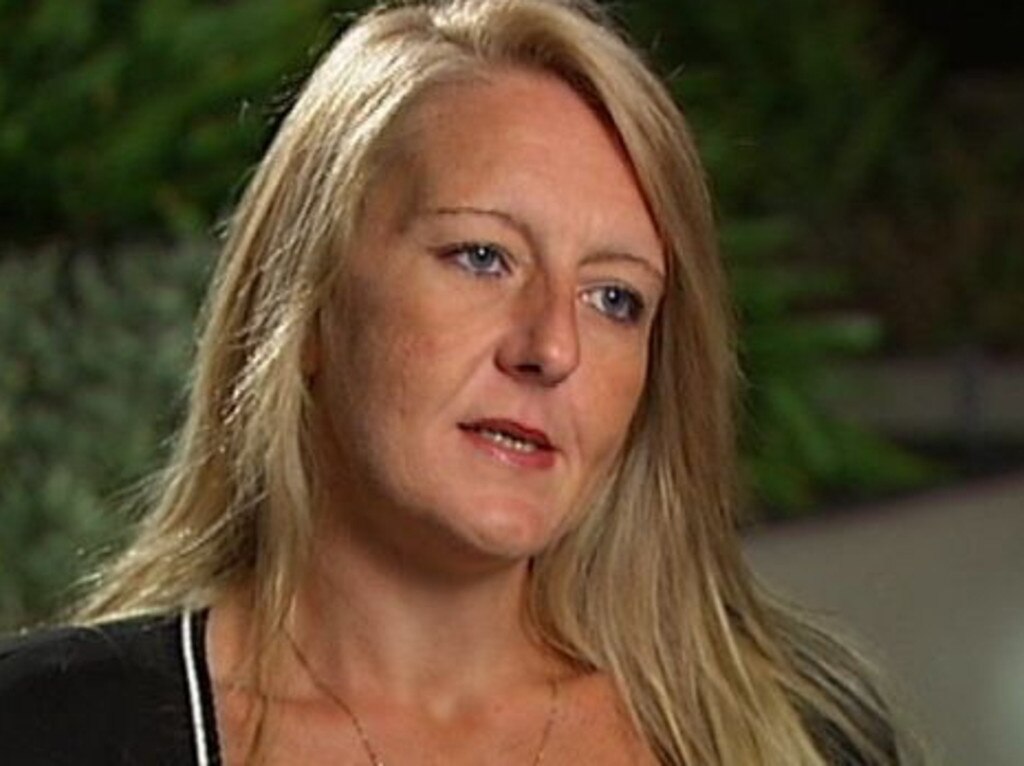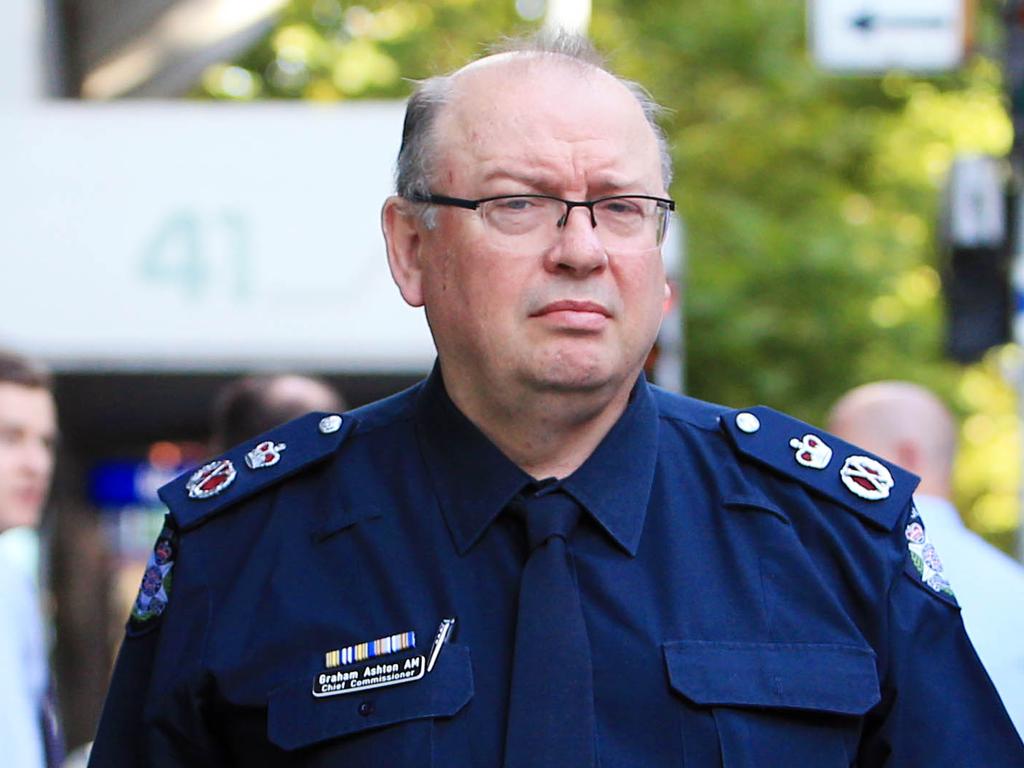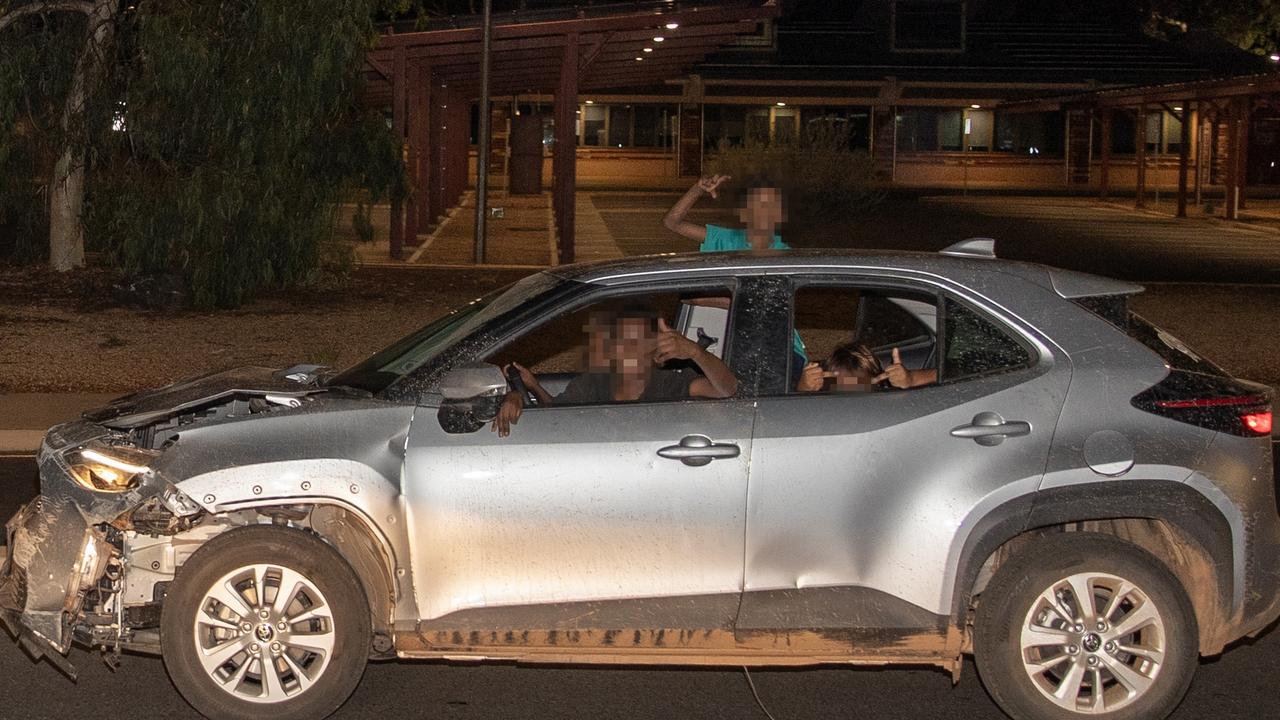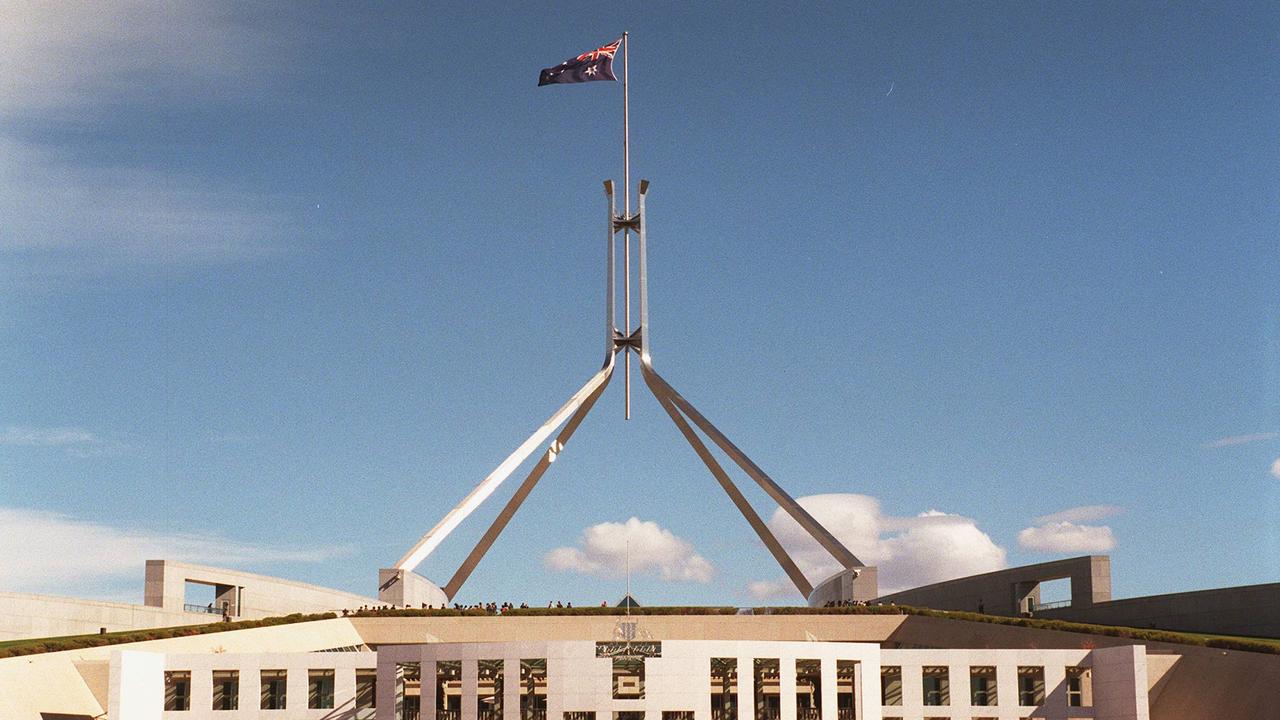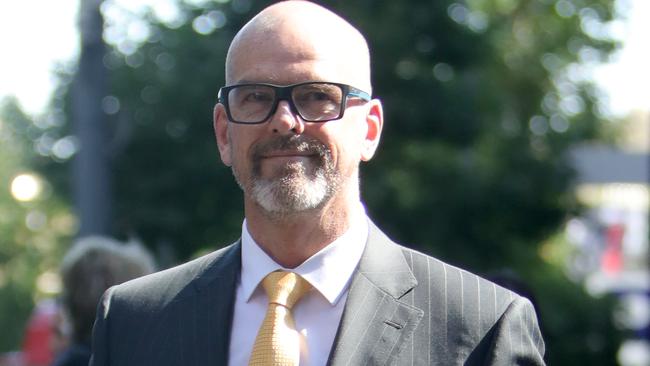
Simon Overland is notoriously blunt.
After several hours of being verbally frisked by Chris Winneke QC, Victoria Police’s former top banana sat upright in the witness box and conceded the obvious about the hiring of a gangland barrister to rat on her clients.
``Certainly I agree the ethics were f … ed,’’ Overland said at 1.04pm on Tuesday.
The key point, though, is that Overland’s cussing really wasn’t his own take on the bungled decision to hire Nicola Gobbo.
For it was Gobbo who had made the same observation, noting that she — and in effect police — were ethically snookered by an informants’ strategy that was ultimately overseen by the former police boss. “The general ethics of all this is f..ked,’’ Gobbo noted.
Winneke, the counsel assisting the commission, picked up on the Gobbo comment and successfully used it to draw out Overland in one of several key exchanges that may well define aspects of the commission’s final report.
In many ways Overland, who established the Purana taskforce that investigated the gangland murders and was a key figure in the decision to use Gobbo, had his legacy redefined yesterday.
While he voluntarily left the force in 2011 in a cloud of controversy over inaccurate crime statistics, it is his mishandling of the queen of police informants that has so damaged his reputation.
Even Overland was forced to concede that the police management of Gobbo may have been illegal, possibly leading to a perversion of the course of justice.
While Winneke, in his own knockabout way, was largely respectful towards Overland, he at times tore apart Overland’s evidence, declaring that it was implausible and lacked credibility.
Overland, while accepting overall responsibility for the handling of Gobbo, claims that he told investigators that she should not be used to rat on her clients, like the duplicitous drug boss Tony Mokbel.
Evidence has been presented to the commission suggesting it was well known that Gobbo was acting for people like Mokbel at the same time she was a police informant.
Winneke asked: ``Do you mean to say, Mr Overland, that you were not aware that Tony Mokbel was going to trial and was being represented by Nicola Gobbo, your human source?’’
“Mr Overland, can I suggest to you that if what you say is correct, that you were so concerned about this, you were so careful to inform your investigators that this could not occur, that is she couldn’t continue to act for Mokbel and it’s so obviously then occurred.
“Can I suggest to you that what you’re saying to the commission is simply not correct, it cannot be right?’’
Overland: “No. It’s correct.’’
Winneke went further, suggesting it beggared belief that Overland had opposed Gobbo informing on clients but in early 2006 she was openly still working for Mokbel.
Winneke: “It is unbelievable, I suggest to you.”
Overland: “Well, no, that’s what happened.’’
For virtually all of yesterday, Overland was intellectually engaged, rarely flustered.
On Wednesday, Overland’s predecessor Christine Nixon is due to give evidence, in what will be a historic day in the commission.
Nixon always railed against the need for a royal commission in Victoria, amid deep concerns during the gangland era about possible police corruption.
This inquiry is about police informants but, nonetheless, could have a significant impact on her own legacy, which was smashed by the Black Saturday royal commission.
It will be an uncomfortable experience for her.
More broadly, the police informants royal commission has exposed a leadership style adopted by Overland that was extraordinarily hands-off.
Overland was so newschool he might better have worked for a major accountancy or legal firm.
The commission has guaranteed that there will never be a police commissioner quite like him.




